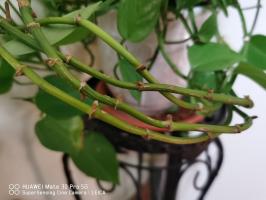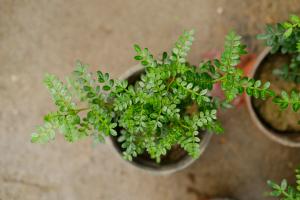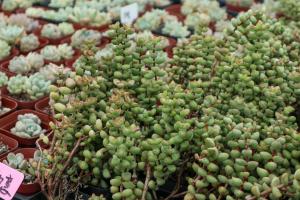How to Water Plants Outdoor
Watering plants is a vital part of maintaining a healthy garden. Without regular watering, plants can become dehydrated and wilt, leading to stunted growth or even death. However, watering plants is not as simple as just pouring water over them. To water your plants effectively, follow these tips:
Tip #1: Water in the Morning
The best time to water your plants is in the morning when the air is cool and the sun is not too strong. This allows the water to penetrate the soil before it evaporates in the heat of the day. Watering in the evening can lead to the growth of molds and mildews on the plants, as the water does not have time to dry before nightfall.
Tip #2: Water Deeply and Infrequently
When you water your plants, make sure you water deeply, so the water penetrates the root zone. Shallow watering can lead to weak roots and plants that are susceptible to disease and drought. Watering infrequently also helps the roots to grow deeper in search of moisture, making them more resilient to dry spells.
Tip #3: Use the Right Amount of Water
Using the right amount of water is critical for the health of your plants. Overwatering can lead to root rot and other fungal diseases, while underwatering can stunt growth and cause the plant to wilt. The amount of water your plants need depends on the species, the soil type, and the weather conditions. As a general guide, most plants need about 1 inch of water per week.
Tip #4: Water the Soil, Not the Leaves
When you water your plants, it's important to water the soil, not the leaves. Wet leaves can attract pests and diseases, and can also cause sunburn in hot weather. Watering the soil directly enables the roots to absorb the moisture they need to grow, without risking damage to the rest of the plant.
Tip #5: Use a Hose or Watering Can
When watering your plants, use a hose or watering can, rather than a sprinkler. Sprinklers can waste water by spraying it where it's not needed, such as on paving or the side of the house. A hose or watering can allows you to target the water exactly where it's needed, and you can control the flow rate to avoid overwatering.
Final Thoughts
Watering your plants effectively is essential for a healthy and vibrant garden. By following these tips, you can ensure your plants receive the right amount of water to thrive, while avoiding common pitfalls like overwatering or watering at the wrong time of day. With a little care and attention, your plants will reward you with their beauty and vitality for years to come.

 how many times do yo...
how many times do yo... how many planted tre...
how many planted tre... how many pine trees ...
how many pine trees ... how many pecan trees...
how many pecan trees... how many plants comp...
how many plants comp... how many plants can ...
how many plants can ... how many plants and ...
how many plants and ... how many pepper plan...
how many pepper plan...































